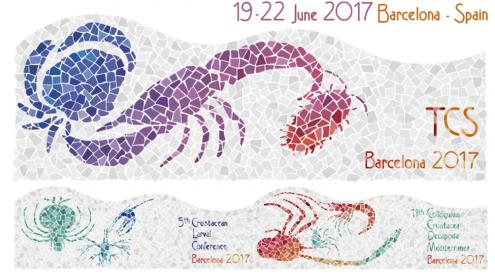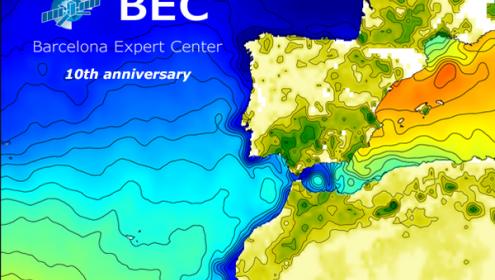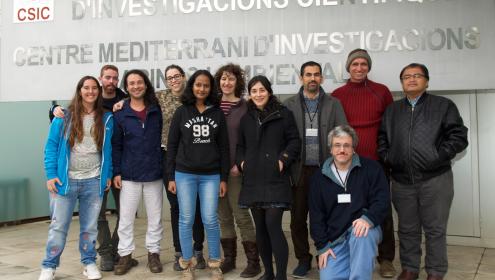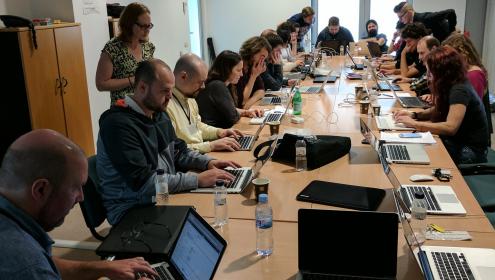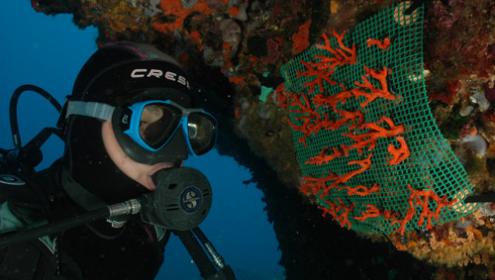LATEST TOPICS
Scientific news
The Spanish National Research Council (CSIC), from the Institute of Marine Science (ICM) and the Blanes Center of Advances Studies (CEAB), together with the University of Barcelona (UB), organize the Crustacean Society Mid-Year Meeting 2017, which is celebrated in Barcelona from the 19th to the 22th of June.
The symposium with already some decades of existence also include the “11th Colloquium Crustacea Decapoda Mediterranea” and the “5th Crustacean Larval Conference”.
On June 19, the Barcelona Expert Center of Remote Sensing (BEC), will celebrate a day to commemorate its ten years of existence. It will take place in the Institute of Marine Sciences of the CSIC in Barcelona.
The Institute of Marine Sciences (ICM-CSIC) hosted from January 23 to February 3 the second edition of two specialization courses in Dynamical Oceanography organized by Barcelona Ocean. Graduate students and researchers from several countries met in order to gain knowledge that sets the bases of physical oceanography.
Scientist from the Institute of Marine Science (ICM-CSIC), have just published an article that shows how in biology, form and function don’t always go hand in hand when it comes to fish gonads.
This article, published in Proceedings of the National Academy of Sciences of the United States of America (PNAS) with Laia Ribas as first author, is based on a study led by Francesc Piferrer in the ICM, in collaboration with scientists from the Temasek Life Sciences Laboratory, led by Laszlo Orbán in Singapore.
The second workshop of EukRef, a 18S rRNA Gene Collaborative Annotation Initiative, took place at the ICM from November 28th until December 2nd.
Within the framework of this community-wide effort, this workshop has brought together taxonomists with expertise in individual lineages that span the eukaryotic tree of life to curate reference 18S rDNA sequences of these lineages by incorporating knowledge of phylogenetic, morphological, and/or environmental contextual data.
Human activities disturb the ecosystem balance. Oceans and coasts are not an exception and the degradation of marine habitats threat many species. Restoration of ecosystems is one of the tools, sometimes the only one, to maintain their biodiversity and balance.
